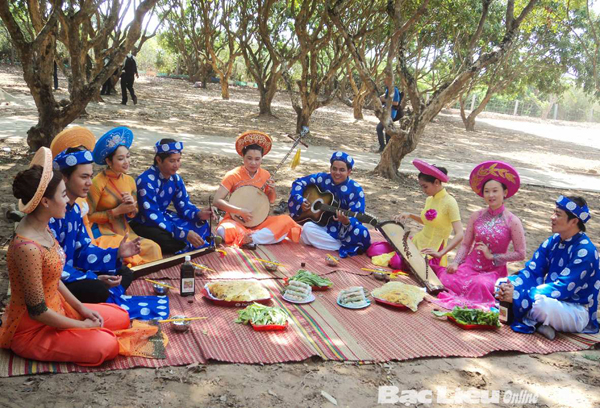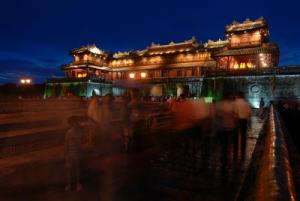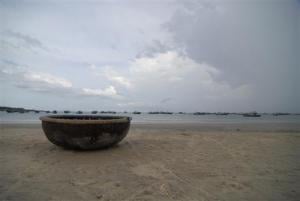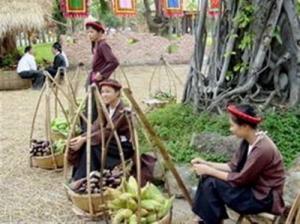Don Ca Tai Tu Nam Bo To Be Submitted to UNESCO As Part of Cultural Heritage

The National Music Institute and the Department of Culture, Sports and Tourism of Mekong Delta City, Can Tho is developing a file on Don ca tai tu Nam bo to be submitted to UNESCO to be recognized as an intangible part of the Vietnamese cultural heritage.
Professor Tran Van Khe, considered the great master of traditional Vietnamese music, discussed the importance of Don ca tai tu Nam bo or Southern amateur music in Vietnamese culture. According to him, the musical art is recognized as a cultural tradition because of its long existence. It is often played in special celebrations like festivals, ceremonial worships, parties, weddings, post-harvest time and even funerals. It is also played at night by the local people after a long and tiring day at work.
But unlike other musical forms, Don ca tai tu Nam bo isn't performed in contemporary stages, cultural presenations or tourist festivals, but on plank beds in the living rooms of the homes of ordinary Southern Vietnamese people. It is played by amateur musicians and singers who gather in one house to learn and share the traditional music among each other. Don ca tai tu Nam bo is played by using the instruments dan co or dan nhi (two-stringed fiddle); dan tranh or dan thap luc (16-stringed zither), dan kim or dan nguyet (moon guitar), and doc huyen cam (monochord). The latter has been replaced with a guitar in recent times.
Mr. Vinh Bao is another master of Don ca tai tu Nam bo who sees the traditional music as a common ground for Southern people, and perhaps anyone in general, who have the same emotions and wish to share these with the public.
The Southern amateur music is on the verge of extinction though and that is why both masters expressed the urgency to revive and preserve the traditional music. This is also the hope of such submission to UNESCO that Don ca tai tu Nam bo will be approved and recognized as a crucially important part of the Vietnamese cultural heritage.









